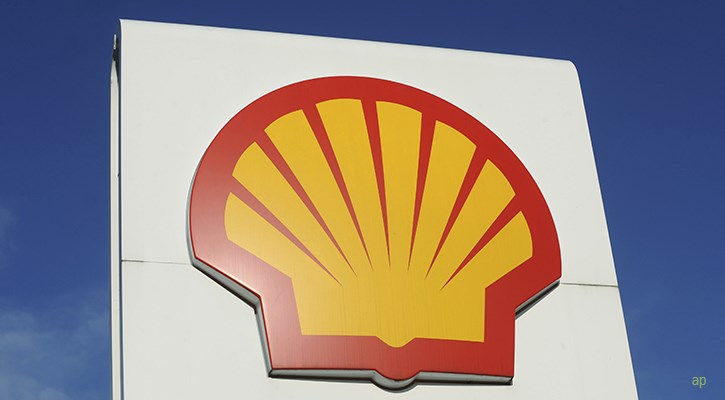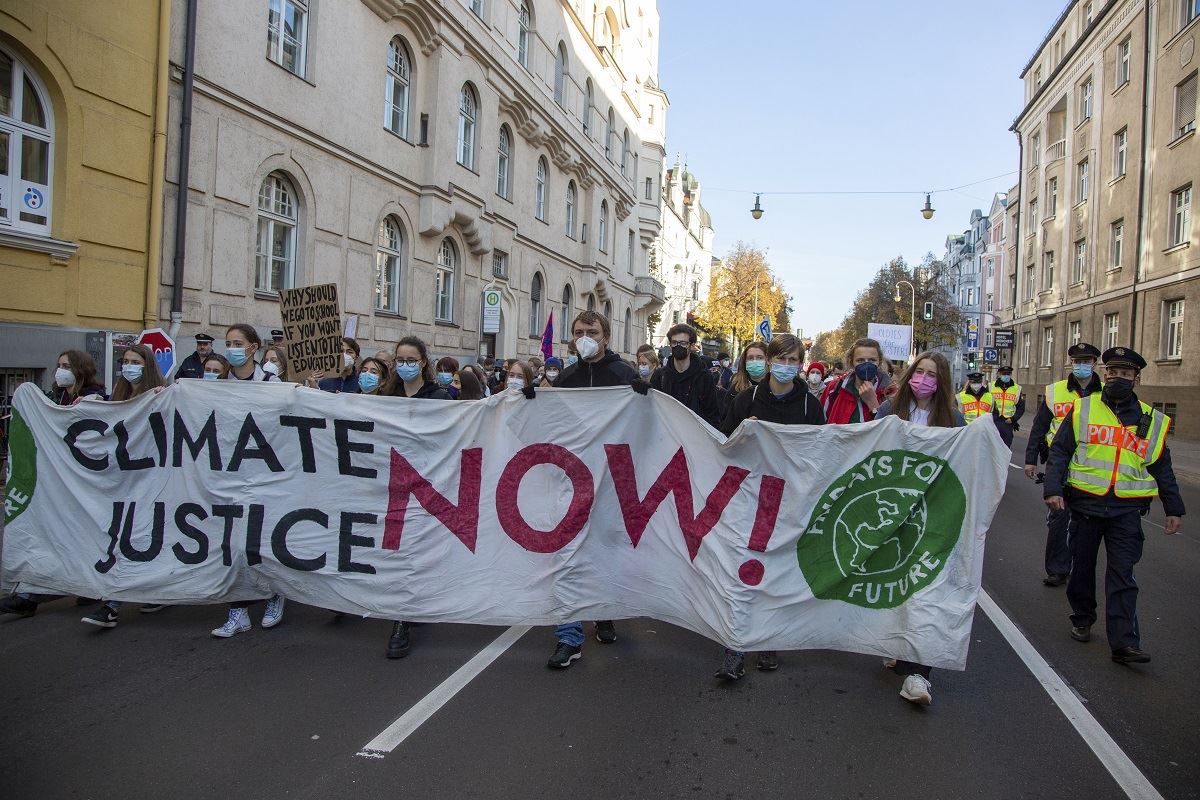
In this era of sustainable investing, Europe's oil majors are under constant and intense scrutiny, and none more so than Royal Dutch Shell. Should fund managers engage with these companies to make them greener, or just sell them? One activist investor has come up with a radical solution to this issue: split Shell into two companies, one managing “legacy” assets like oil and gas and the other focused on renewable energy. This has been described variously as dividing the company into “good/bad” Shell, “clean/dirty” Shell or “legacy/green” Shell. Let’s look at the proposals in detail and what Morningstar analysts think of them.
The radical surgery proposal is being driven by US-based hedge fund Third Point, founded by prominent activist investor Daniel Loeb. It has built a stake in Shell with a view to profiting from an improvement in the company’s prospects. Third Point describes itself as a “special situations” investor that pushes for corporate change; it has a long history of effecting disruption at board level in companies like Yahoo, Sony, among others. Reports suggest that its stake in Shell could be worth up to $750 million. Third Point’s thesis is that Shell has tried and failed to please all of the competing demands placed on it and that has negatively affected its valuation. The long-term share price trend backs this up. Despite some strong gains in 2014 and 2018, and the Deepwater Horizon disaster that affected rival BP, Shell’s shares are still roughly at the same level they were at in November 2001.
Please Everyone, Please No One
Morningstar's oil analyst Allen Good describes Loeb's position on the company.
“Loeb explained that Shell is cheap relative to peers because it has been unable to fully satisfy its myriad potential investor groups who are each looking for something different, be it cash returns, oil exposure, or renewable investment. In splitting the difference, Shell has appeased none,” he says.
Loeb’s theory is that the LNG/renewables/retail business, ie “green” Shell, would have lower operating costs than the legacy business - oil and gas exploration costs billions annually - and find it much easier to attract money, especially from ESG funds. That would offset some of the lost capital from the existing oil and gas business. But since last year’s dividend crisis and oil slump, BP and Shell are back to generating billions for shareholders, both through share buybacks and dividends. The BP boss, Bernard Looney described these legacy assets as “cash machines” in this week’s earnings call.
In Third Point's divorce scenario, income investors would be forced to “follow the money and hold the legacy oil and gas assets”, says AJ Bell’s investment director, Russ Mould.
“Those investors who are prepared to put profit over their ethical and environmental principles may not find this too hard a choice.” We’ve written before about the UK stock market's overdependence on carbon intensive industries. ESG investors would face an easier choice and buy the clean company but as one of the largest companies in the FTSE 100, index tracking companies would face a dilemma: hold both "good" and "bad" Shell or choose one? Shell is currently worth over £120 billion, so this decision would have a big impact on the index.
The Status Quo
What are the alternatives to a break-up? For existing investors in Shell, small or large, there is the option to stay put and do nothing, assume the company will manage the transition to net zero, phase out fossil fuels and eventually become a renewable energy giant. The next staging post on the road to net zero is in 2030, by which time Shell has pledged to halve its emissions. But environmental campaigners argue that this only covers its own emissions, rather than those produced in the use of their products (in technical terms, the difference between Scope 1 and Scope 3 emissions). In a simple example, Shell is responsible for the emissions produced in getting the petrol to the forecourt, but not those produced when you turn the ignition and go on a 200 mile road trip.
The more-or-less-accepted model in recent years is that oil companies use the profits from their carbon-intensive activities to fund renewable projects on the path to net zero. Responding to Third Point’s break-up calls, Shell’s chief executive Ben van Beurden, this week spoke of the interpendence of legacy and renewable assets, saying the green transition would not occur without the cash generated by oil and gas. This is a much easier argument to make amid surging oil prices. Brewin Dolphin investment manager Stuart Lamont says that Shell is, as ever, trying to strike a tricky balance between appealing to traditional and environmentally-focused investors – but any fall in the oil price from current levels will change this equation again.
Wait for 2050?
While BP and Shell have committed to net zero emissions by 2050, there are some concerns over the vagueness of these pledges, as discussed by my colleague Dan Lefkovitz in a recent article. So ESG investors keen for more rapid change may find Third Point’s proposals more appealing than following a longer net zero journey to its destination.
What are the risks of the status quo approach? The pressure is intensifying on oil majors every year and there is growing talk of companies having “stranded assets”. The International Economic Agency defines these as “investments that have already been made but which, at some time prior to the end of their economic life, are no longer able to earn an economic return." It says investments in oil and coal have to be stopped to meet net zero targets. At the COP26 summit, countries including the UK, US and Denmark, have pledged to stop funding overseas oil and gas projects, a move that will directly affect companies like Shell. Private capital has already started to vote with its feet, channelling money into renewable projects and pulling money from “sunset industries”; this isn’t just for environmental reasons, it’s because investors expect a better rate of return from ESG assets. (We’ve looked at the data on this and this year the recent trend, of “greener” stocks doing better, has started to reverse, rather unhelpfully).
Climate initiatives have a habit of being brought forward, and investors, consumers and governments may decide that a 2050 net zero target for companies like Shell is too far away.
How Likely is Third Point to Succeed?
Morningstar’s Allen Good admits the break-up idea has merit, but is unlikely to occur for a number of reasons, not least resistance from the Shell boardroom. What happens next depends on investors, especially the larger ones like pension funds and asset managers.
“The idea does have appeal, given Shell’s poor past performance and the lukewarm response to its current strategy, so if Loeb can attract more supporters, pressure on management will grow,” he says.
So far UK fund managers have not commented publicly on the proposal, certainly those contacted by Morningstar. In the Netherlands, the reaction of institutional investors has been muted too, as my collegue Robert van den Oever explains (in Dutch). The share price barely budged and is up 20% in the last six months. Activist investors can create a lot of noise but not achieve their objectives ultimately. It’s difficult to predict if Third Point will get their way in Shell’s case, or whether institutional (and investor) inertia will back the status quo continuining – for now.










:quality(80)/cloudfront-us-east-1.images.arcpublishing.com/morningstar/6BCTH5O2DVGYHBA4UDPCFNXA7M.png)


















